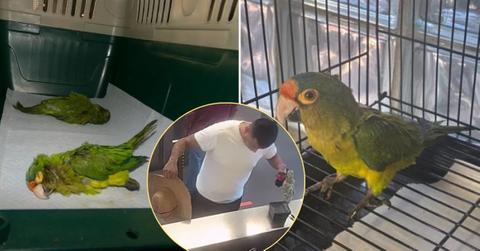
Jesse Agus Martinez has been indicted for attempting to smuggle birds across the border in his pants.
Man Charged With Attempting to Smuggle Protected Parakeets in His Pants
A U.S. citizen living in Tijuana, Mexico, has been charged with attempting to bring two protected parakeets through the Mexico-U.S. border by smuggling them in his pants.
According to a release from the United States Attorney's Office, Jesse Agus Martinez presented at the Otay Mesa Port of Entry on October 23. During a secondary inspection, a Customs and Border Protection officer noticed that Martinez' groin area was bulging.
Though Martinez apparently repeatedly claimed the bulge was his "pirin" (meaning penis in Spanish), this, along with the man's history of smuggling birds into the U.S., made border officials suspicious of him.
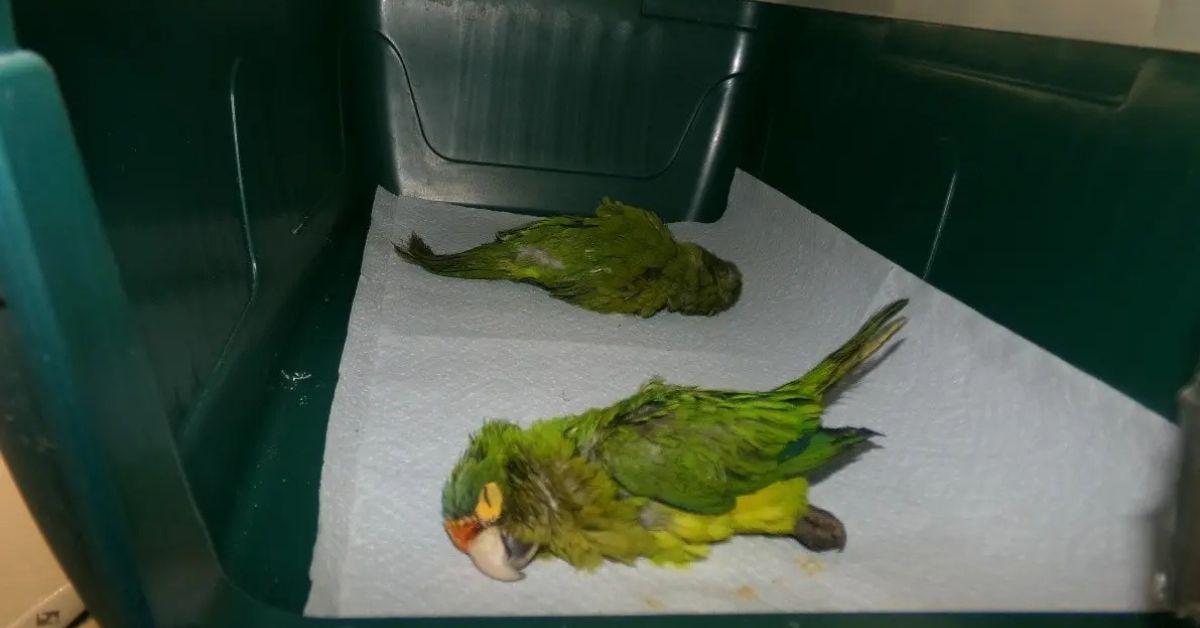
The two parakeets were found sedated but breathing.
Upon closer inspection, CBP found two brown sacks with a parakeet in each tucked into Martinez' underwear. The birds were unconscious, having been heavily sedated, but were breathing.
Agents and inspectors from the U.S. Fish and Wildlife Service were then dispatched to the scene, and confirmed that these birds were juvenile orange-fronted parakeets, which are a protected species from Western Mexico and Costa Rica.
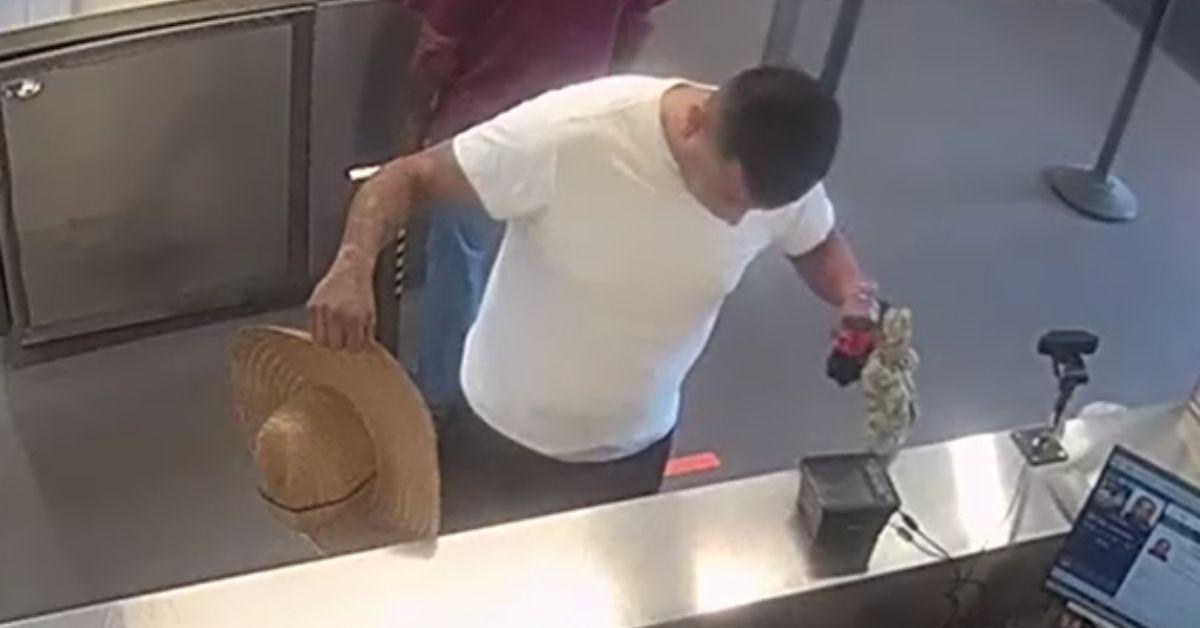
Jesse Agus Martinez had a history of smuggling birds into the U.S.
The two birds were taken into the care of Veterinary Services at the border, then quarantined in a Department of Agriculture Animal Import Center, which is a requirement when importing certain animal species into the U.S. According to the Attorney's Office, the birds are now in stable condition.
Martinez, 35, has been indicted for Importation Contrary to Law and faces a maximum penalty of 20 years in prison and a $250,000 fine.
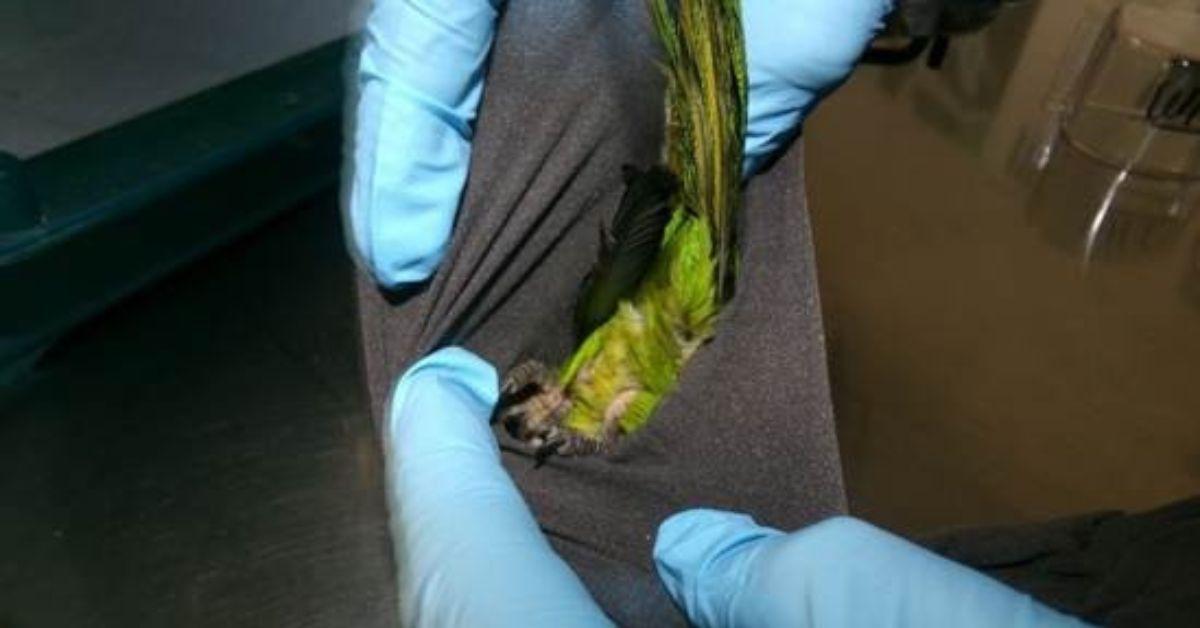
The U.S. Fish and Wildlife Service was called in to take care of the situation.
Importing protected wildlife is strictly restricted, in particular because they may carry diseases that can transfer both to humans and to other animals, with disastrous consequences. The Attorney's Office cites bird flu, psittacosis and histoplasmos as examples of diseases wildlife carries.
That's why these parakeets had to undergo a period of quarantine, so that any diseases they might have carried did not spread into the country.
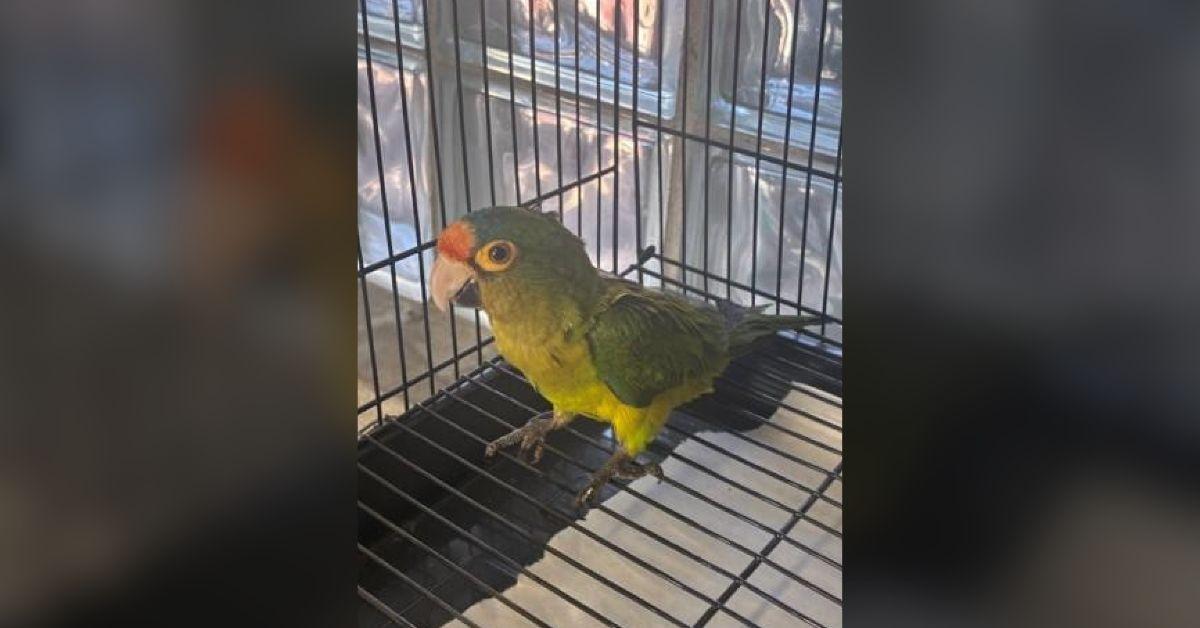
The parakeets are reportedly in stable condition.
In Martinez's case, the parakeets were not a legitimate import.
However, the U.S. Fish and Wildlife Service does give out permits to import or expert animals for the following reasons:
- Businesses and individuals engaged in commerce
- Animal dealers, animal brokers, pet dealers, or pet or laboratory suppliers
- Trade show participants displaying wildlife products
- Collectors or hobbyists involved in commercial activities
- Commercial laboratories, researchers or biomedical suppliers
- Circuses and animal shows
- Scientific institutions
- Academic institutions
You can find more information about importing and exporting wildlife on the organization's website.
